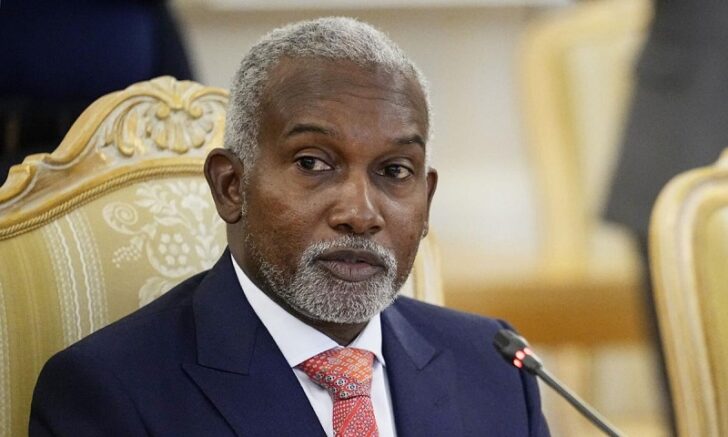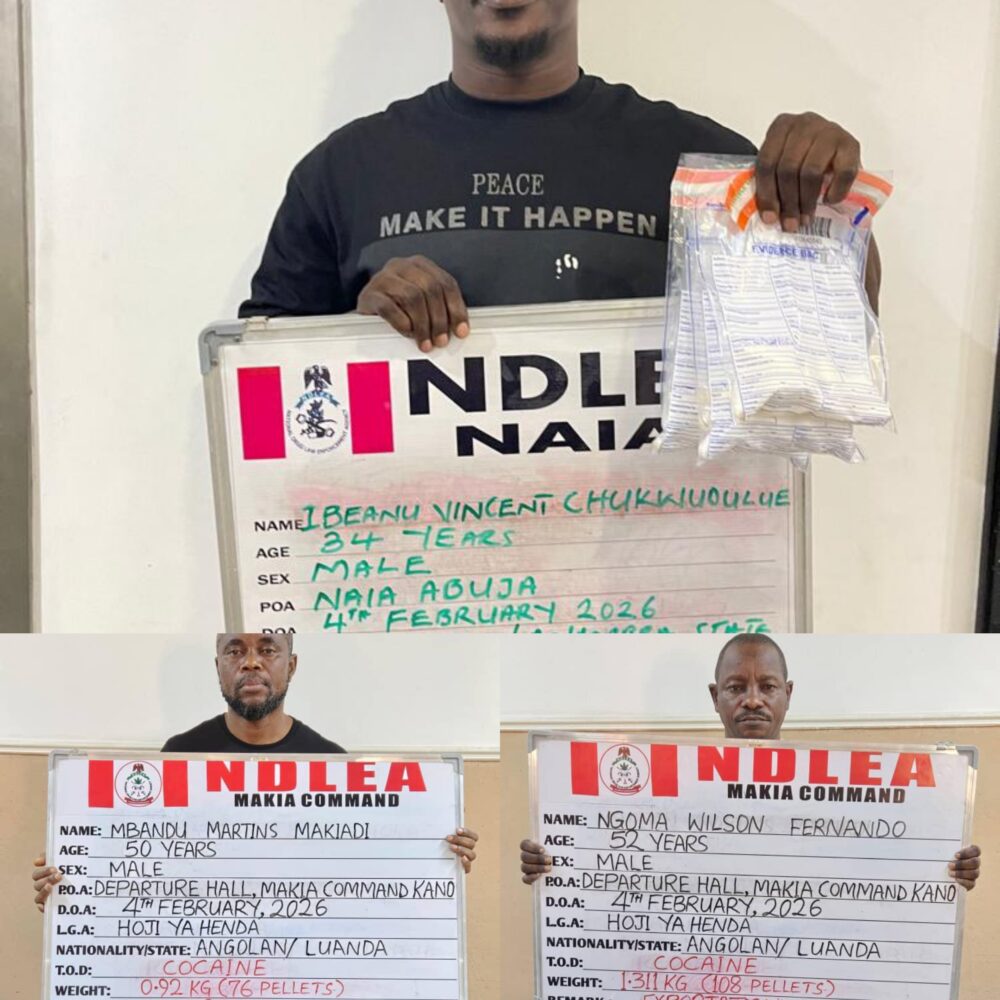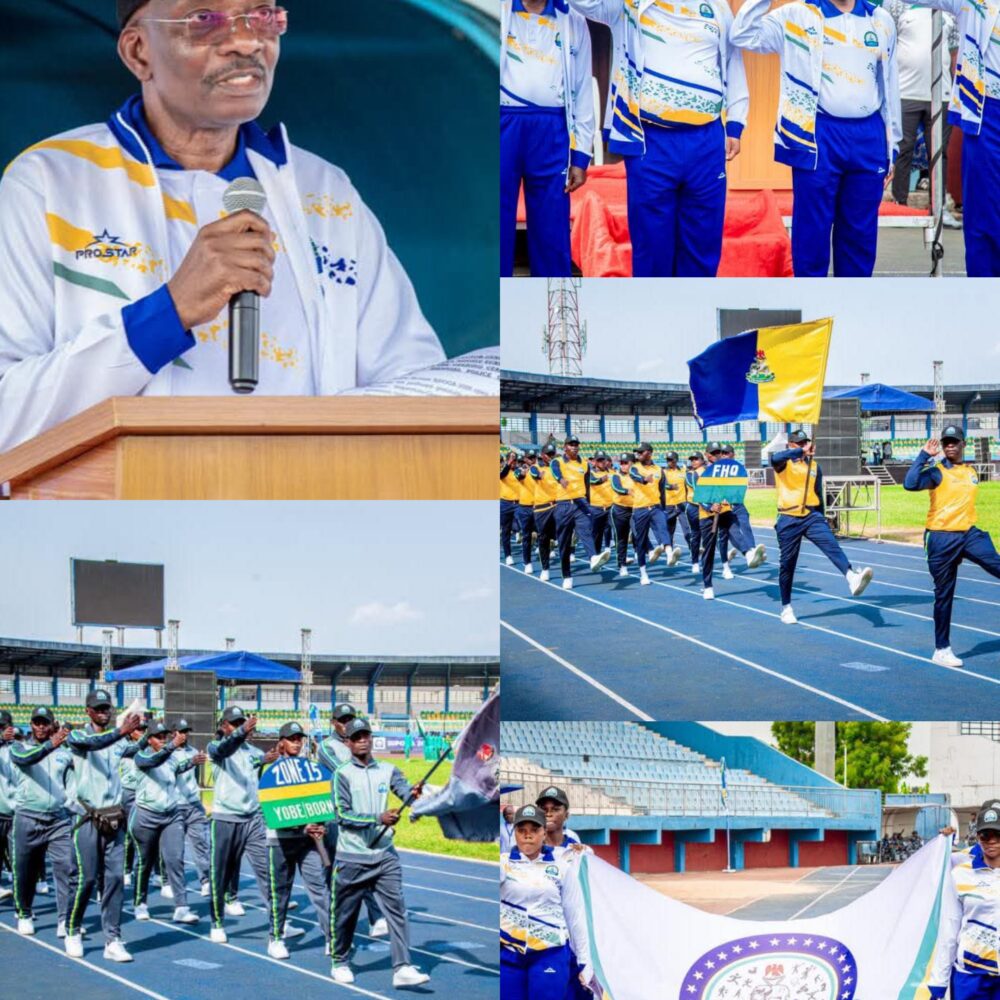The Due Process Advocates Foundation (DPA) has asked the National Assembly to conduct holistic public hearing on continuous abuse of prosecutory power by Nigerian Police which was uncovered by Investigation carried out by Fisayo Soyombo.
Fisayo Soyombo an investigative journalist spent two weeks in detention ,five days in a Police cell and eight as an inmate in Ikoyi Prison to track corruption in Nigeria’s criminal justice system, beginning from the moment of arrest by the Police to the point of release from prison.
The Group made this known in statement signed by its Director of Information, Ifeanyi Calistus said that every element of police failure came out nearly all at once in Soyombo’s work which was similar to Barrister Emeka Ugwuonye experience in Abuja Police station.
DPA added that the current travail of Barrister Ugwuonye cannot be separated from his continuous criticism of Police activities across.
According to the statement, Barrister Ugwuonye, is still in detention based on a fabricated murder charge by the police, which was calculated to prevent the disclosure of the worst police corruption and atrocities in Nigerian history. The most astonishing thing about Ugwuonye’s case was that the court seem to have ineptly aided the designs of the police.
The statement reads “the extraordinary work of Soyombo also highlights some institutional failures that have aided and even facilitated the police problem, such as the failure of the courts to control police abuses and the failure of the Bar to checkmate and vigorously advocate for rights of victims. Further, it highlights the absence of adequate internal controls within the police force, such as ethical control and effective rules of engagement.
” Normally, the Nigerian courts should be able to check the excesses of the police in two major ways: vigorous enforcement of fundamental rights and effective application and observance of due process standards as contained in Sections 35 and 36 of the Constitution. Unfortunately, the courts seem to have abandoned these standards and taken positions that amount to complicity in the abuse of rights. This is evident in the fact that over 80% of the inmates in our correctional facilities all over the country are awaiting trial. This was discussed in greater detail in DPA’s Policy Statement for October 2019.
“Equally, every indication shows that the organized bar and individual lawyers have been unable to challenge the abuses by the police. More and more lawyers have been intimidated by the police. Most lawyers are terrified by the prospect of going to visit their clients in detention centers controlled by various police units. And with a judiciary that increasingly rubber-stamps every police action, the individual lawyer is totally helpless.
“Finally on this, the Nigerian Police Force has repeatedly failed to come up with standard ethical and security doctrines that police officers would follow. Instead, each time a new Inspector General of Police (IGP) is appointed, there will be several positive pronouncements that are soon ignored.
“As we speak, the Founder of DPA, Barrister Emeka Ugwuonye, is still in detention based on a fabricated murder charge by the police, which was calculated to prevent the disclosure of the worst police corruption and atrocities in Nigerian history. The most astonishing thing about Ugwuonye’s case is that the court seems to have ineptly aided the designs of the police.
” The implications of police failure in Nigeria are quite chilling. Today, there is no major crime in this country without the complicity or connivance of the police. Be it armed-robbery, kidnappings, banditry, even terrorism, you will find the fingerprints of Nigerian police officers all over it, even if it be in supplying weapons and arms used in such crimes.
“DPA has sent a petition to the National Assembly calling for wide ranging measures air med at curtailing police corruption in Nigeria.”





